
views
- Toxic empathy occurs when you over-empathize with others, which can lead to feelings of stress, anxiety, and exhaustion.
- Signs of toxic empathy include feeling drained after social interactions, having difficulty setting boundaries, and feeling others’ pain as your own.
- You can cope with toxic empathy by fostering self awareness, setting boundaries, practicing mindfulness, or working with a therapist.
What is toxic empathy?
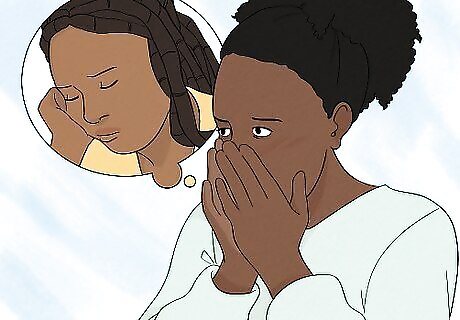
Toxic empathy occurs when you over-empathize with others. Empathy is the ability to sense other people’s emotions and imagine what they might be thinking or feeling. Empathy can enhance connections, and it’s important for healthy relationships. Too much empathy, however, can lead to feelings of stress or anxiety, and it can lead you to neglect your own needs in favor of the needs of other people. When this happens, empathy has the potential to become toxic.
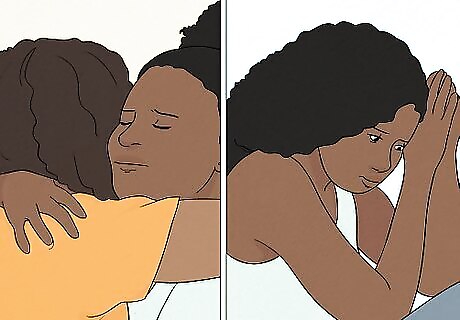
Empathic Concern vs. Empathic Distress There are two different types of empathic response—empathic concern and empathic distress. Empathic concern is more focused on others, leading to positive feelings and a desire to help. Empathic distress, on the other hand, is a more self-focused response, and it's associated with negative feelings like stress and anxiety. Empathic distress involves absorbing others' pain as your own, which can make you feel trapped in negative feelings. If you’re experiencing more empathic distress than empathic concern, you might be struggling with toxic empathy.
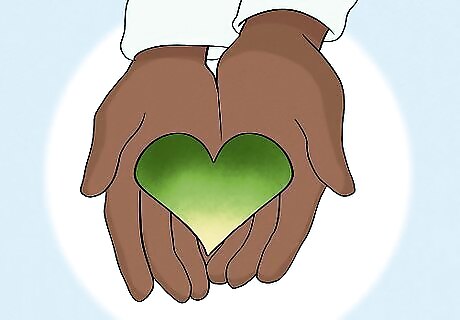
Are empaths more susceptible to toxic empathy? It can be hard to distinguish between a person who experiences empathy and a full empath. One difference could be that a person with empathy feels compassion for someone in pain, while an empath feels the other person’s pain as their own. Because empaths have heightened empathy and sensitivity, they could be more likely to experience toxic empathy.
Signs of Toxic Empathy
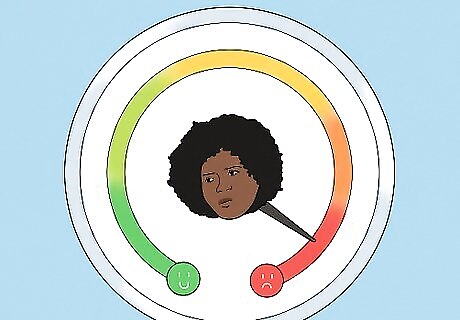
Your mental health is suffering. When empathizing with someone, you may experience their anxiety, anger, or sadness as if they were your own emotions. Left unchecked, this could have a negative effect on your mental health. Also, regularly putting the needs of others over your own, which is common with toxic empathy, can lead to symptoms of generalized anxiety or low-level depression. If your mental health suffers after spending time with someone who is struggling, you might be in danger of toxic empathy.
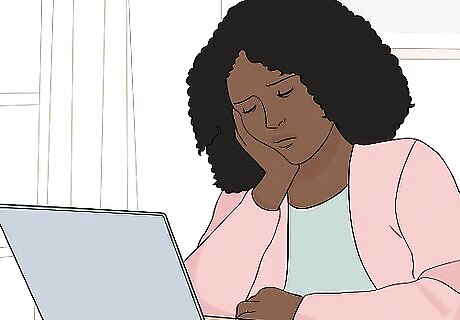
You feel exhausted. Over-empathizing can lead to higher concentrations of cortisol, the stress hormone. Stress can cause physical symptoms like sleep problems and fatigue, as well as mood problems like feeling overwhelmed or depressed. This increased stress can leave you feeling tired or burnt out after spending time with a loved one who is struggling.
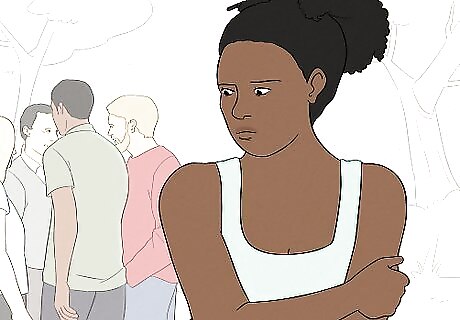
You need alone time after social interactions. Because heightened empathy can leave you feeling depleted, you might isolate yourself to recharge after spending time with people. If you feel the intense need to stay at home, log out of social media, or turn off your phone after social interactions, toxic empathy could be to blame.
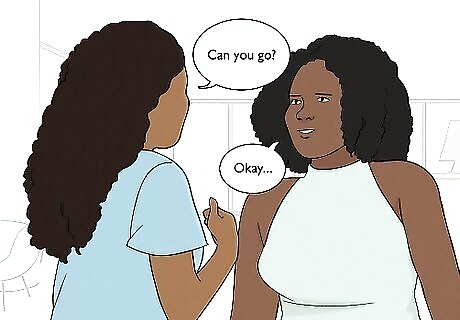
You compromise your own needs to help others. If you experience toxic empathy, you might struggle with setting healthy boundaries. Even when you’re feeling completely drained or exhausted, you might have a hard time ending a conversation or declining a social invitation. If you often find yourself stretched too thin and unable to say “no” to the people around you, even when you desperately need some time to recharge, you might be dealing with toxic empathy.
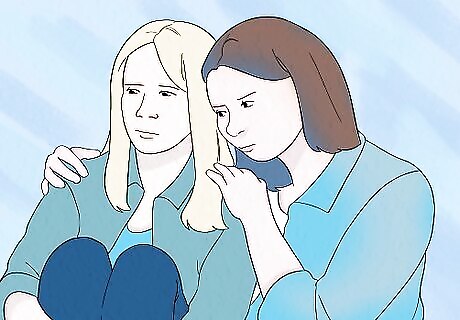
You take on other people’s problems. Because you feel so deeply for others, you might feel the need to problem-solve and come up with solutions for them. Although your heart is in the right place, this can cause complications for your relationship. This person may simply want a friendly ear to vent their problems to, and they could see your suggestions as intrusive. Taking on your friend’s problems can also increase your feelings of exhaustion because you still have your own responsibilities to tend to, on top of theirs.
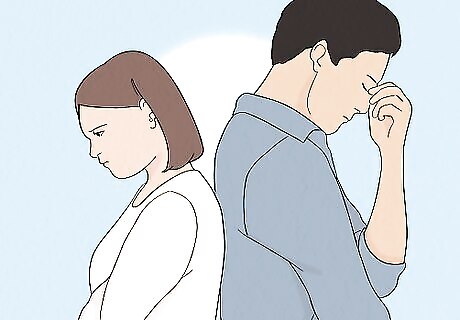
You stay in unhealthy relationships. A heightened sense of empathy could cause you to stay in relationships with people who treat you poorly. Because your instinct is to understand where other people are coming from, you might justify their bad behavior. You might also neglect your own needs to be endlessly understanding toward someone else. If these statements resonate with you, you might be dealing with toxic empathy. Your willingness to put other peoples’ feelings over your own can also make you more susceptible to gaslighters when they try to invalidate your emotions. Check out this expert guide if you need help responding to a gaslighter.
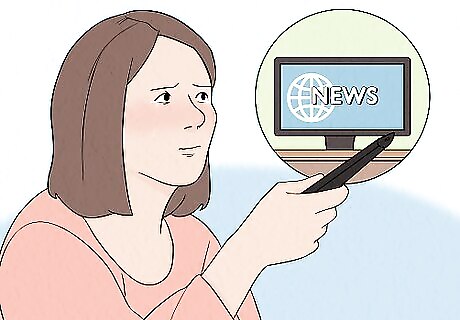
You’re extra sensitive to the news. There’s no shortage of tragic events occurring around the world, and it’s natural to feel an empathic response when you hear about them. The problem is that empathy can be a limited resource, and when you’re overwhelmed by the suffering of the world, you could end up with empathy fatigue or burnout. If watching the news leaves you feeling bogged-down and overwhelmed, you could be struggling with toxic empathy.
How to Manage Toxic Empathy
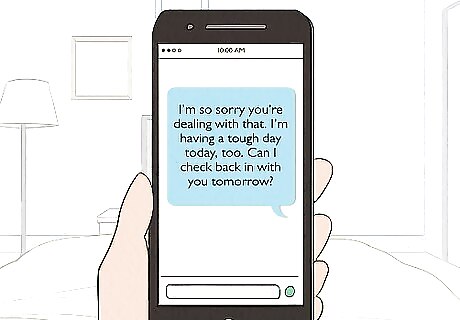
Work on healthy empathy. When balanced with your own needs and emotions, empathy can enhance your connections with people. To achieve this balance, foster non-reactive empathy. This involves maintaining a healthy distance from other people’s emotions so you can show compassion without sacrificing your own needs. Resist the urge to excessively problem solve for others. Sometimes, all they need is someone to listen and affirm their feelings. If you start to feel overwhelmed, voice your feelings. The people who care about you will understand that you need to take care of yourself, too. "It sounds like you’re going through something tough. I want to be there for you, but I’m struggling with my mental health today. Can we rain check?” "I’m so sorry you’re dealing with that. I’m having a tough day today, too. Can I check back in with you tomorrow, after we’ve both gotten some rest?”
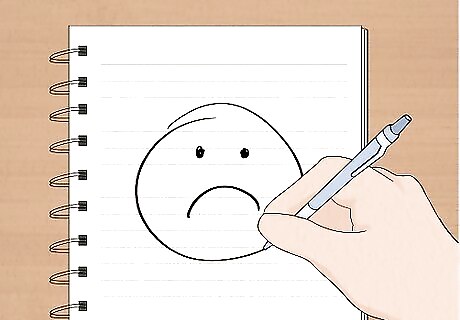
Foster self-awareness. Being able to identify and verbalize your own feelings is key to managing excessive empathy. Once you’re aware of your emotional needs, you’ll be able to start taking steps to prioritize them. Try journaling to explore your emotions. Writing about your experiences can help you identify your feelings and delve more deeply into them. Remember, taking care of the needs of others might come a lot more naturally to you than taking care of your own, so this might take some time. Be patient and kind to yourself as you get to know your emotions better!
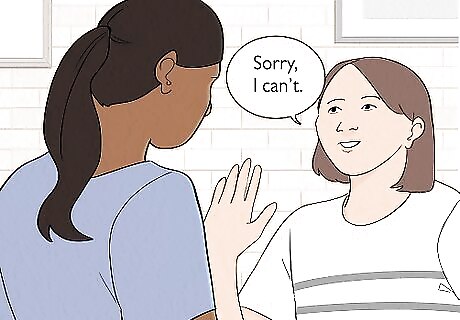
Set healthy boundaries. If you struggle with toxic empathy, set and enforce boundaries around the amount of energy you give to others. Your natural instinct will be to say “yes” to people, even when you’re burnt out, depleted, or exhausted. Having healthy boundaries in place will help you prioritize your own needs, even when your empathy is pulling you in the other direction. Maybe you only have enough energy for one social outing per week. Or, you might decide that you need to be home from social gatherings by 11:00 p.m. Whatever boundaries you decide on, share them with the people around you, and do your best to stick to them. Consistency will show your friends and family that you’re serious about your boundaries, which will help them learn to respect your needs.
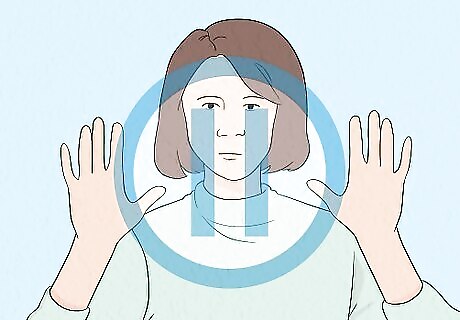
Take a pause. When someone extends a social invitation to you, you likely tend to say “yes” to avoid offending them. Instead of jumping to accept their invitation, take a pause to assess whether or not you have the energy to take on another social commitment. Overcoming toxic empathy is all about balancing your needs and the needs of others, and taking a pause can give you the space you need to make the best choice for your health. If the invitation occurs over text, take your time before responding so you can assess your energy levels. If the invitation occurs in-person, don’t feel pressured to give an answer right away. Say you need time to check that you’re free. “That sounds fun! I think I might have another commitment that day. I’ll check and let you know.” “Thank you so much for the invitation! I’ll look at my schedule to make sure I’m free.”

Take some space. It can be emotionally exhausting to deal with toxic empathy, and it’s completely normal to need a bit of time to recharge. If you’re feeling drained after empathizing too intensely, take some time to yourself to recover. Spend a weekend staying in, take a break from social media, or turn off your phone for a few hours to get the space you need. Recharging is important, but don't isolate yourself too long. Once you’ve gotten the rest you need, remember to get back out there and connect with others!
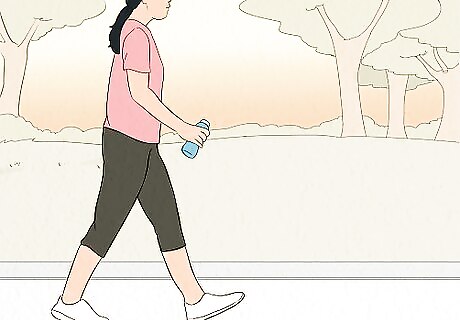
Prioritize self-care. Because toxic empathy makes it harder for you to address your own needs, it’s important to work on self-care. If you love the outdoors, spend the day enjoying nature, or go on a scenic hike. If you’re feeling extra tired, treat yourself to a hot bath or a cozy night at home watching your favorite movie. Remember, you can’t pour from an empty cup, and caring for yourself is just as important as caring for others.

Practice mindfulness. Mindfulness involves focusing on what you’re feeling in the present moment while avoiding judging yourself. This experience can be grounding and restorative, which can help you fight against absorbing the emotions of others.Try out meditation or recite positive affirmations to start your mindfulness journey. Mindful meditation involves focusing on the present moment. It can reduce stress and promote physical wellbeing. Sit down in a quiet place and focus on what you’re experiencing. Feel the flow of your breath, and let any thoughts that come up pass without judgment. Reciting positive affirmations can help you overcome negative thoughts. Pick a phrase like “I am worthy of kindness” or “I am doing my best,” and repeat it to build yourself up and fight against self-criticism.
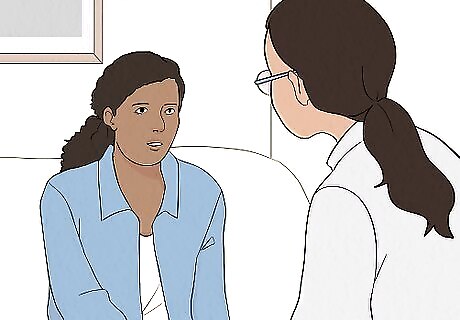
Work with a therapist. Addressing toxic empathy and working to change your habits can be very overwhelming. It might help to discuss your feelings with a professional in a safe space. Consider seeing a therapist to get the support and tools you need to address your overactive empathy and take care of yourself. Ask a trusted friend or family member for a referral, or check out online directories to help you choose the right therapist for you.
Toxic Empathy and Neurodiversity
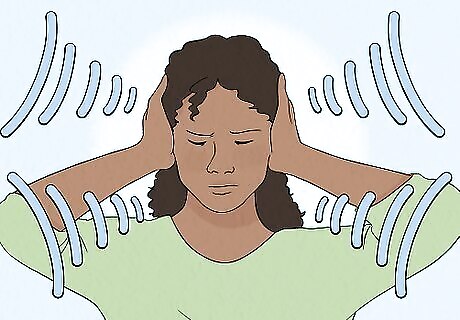
Highly Sensitive People (HSP) HSPs are deeply sensitive to physical, emotional, and social situations. HSPs could struggle with external things like loud noises or bright light, but they also show increased emotional sensitivity. If you’re an HSP, your increased sensitivity could make you more in-tune with others' feelings and more susceptible to toxic empathy. Empaths and HSPs share many traits, like having a rich inner world and a desire to help others. However, someone can be an HSP without being an empath, and vice versa. Someone could also be both an empath and an HSP. Empathy exists on a spectrum, with empaths and HSPs on the extreme high end of the spectrum. People with empathy deficient disorders (EDD) are on the other end of the spectrum. These people have trouble empathizing with others.
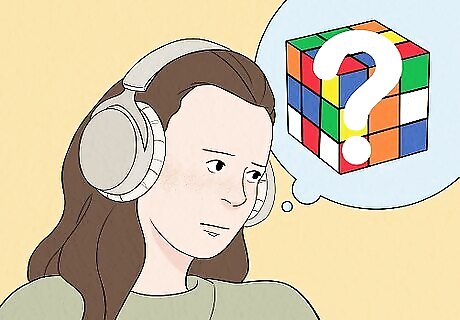
Autism Spectrum Disorder (ASD) There is a misconception that autism causes a lack of empathy, but this is a myth. In fact, hyper-empathy can be a common experience for autistic people. If you have ASD and struggle with feeling others' emotions too deeply, you could be dealing with toxic empathy. This misconception could exist because autistic people might not express their empathy with body language or sympathetic statements like “I’m sorry”. Instead, they might try to problem-solve, or share a similar situation they’ve been through. If you have ASD and experience toxic empathy, it might be harder to spot because it could manifest itself in different ways.
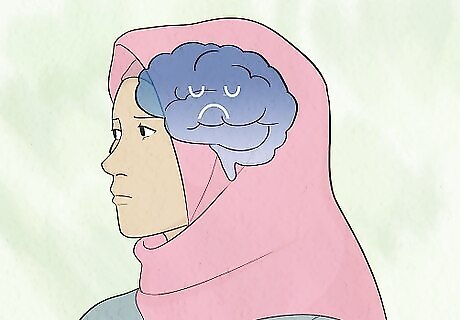
Attention-Deficit/Hyperactivity Disorder (ADHD) If you have ADHD, you might struggle with heightened feelings, and you might have a harder time regulating your emotions. In fact, it’s common for people living with ADHD to struggle with hypersensitivity and hyper-empathy. You might be extra sensitive to physical and emotional stimuli, which could make you susceptible to toxic empathy. If you're struggling with ADHD symptoms, check out this expert guide on coping with ADHD.




















Comments
0 comment